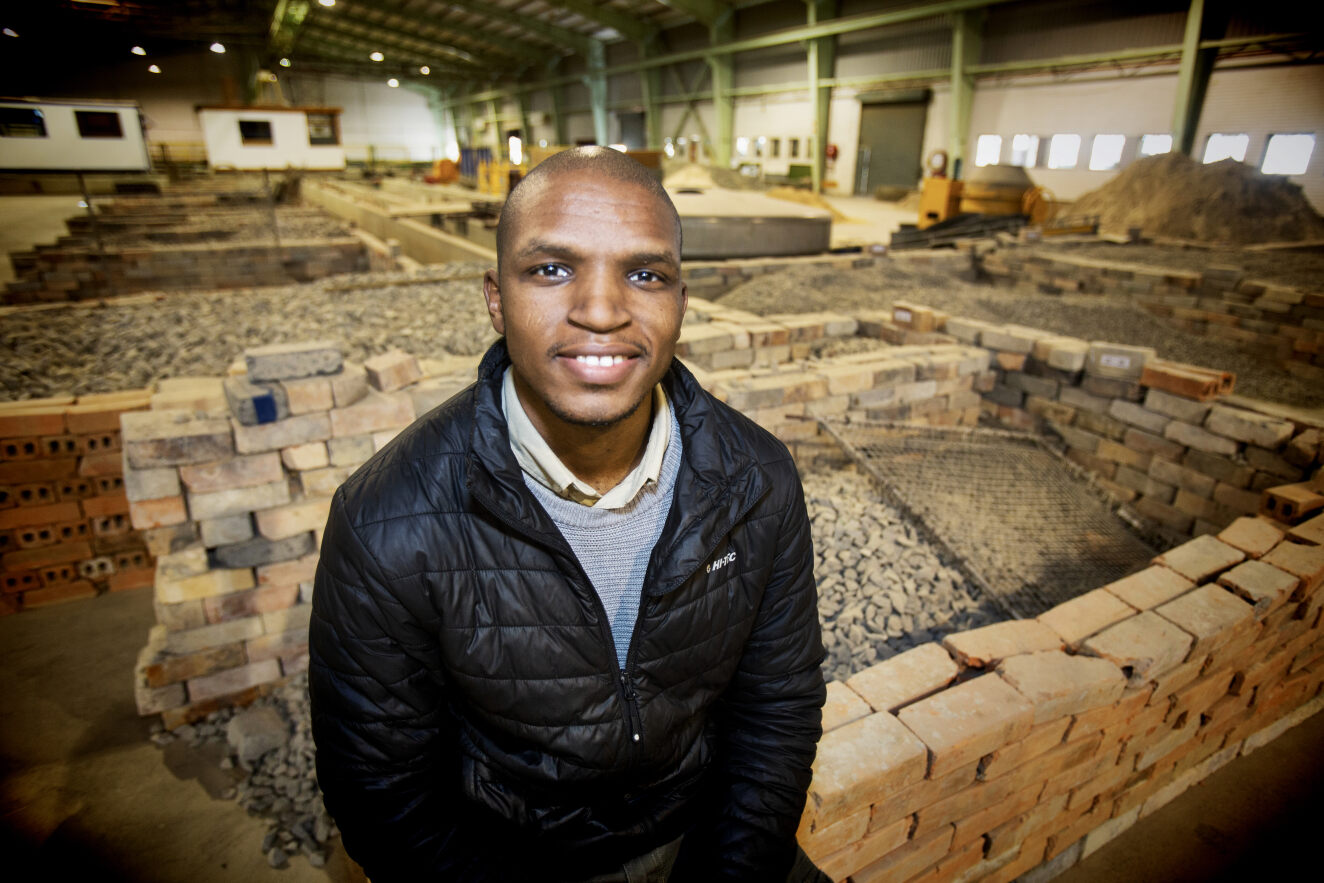Advanced Search
Search Results
The Biosafety level three (BSL-3) laboratory is a state-of-the-art facility which enables scientists to conduct research and proof-of-concept studies in developing new diagnostics or therapeutics i
Meet Vuyo Ndayi
Ndayi is a Capetonian who grew up near the ocean and Cape Town harbour. He combined his love for his environment and for all things engineering to first train as a marine instrumentation technologist, and to now work as a metocean and marine instrumentation engineer for the CSIR Coastal Engineering and Ports Infrastructure group in Stellenbosch.

Exciting projects are always in the pipeline at the CSIR’s Coastal Engineering and Port Infrastructure Model Hall in Stellenbosch. The facility, which boasts the title of being the largest physical hydraulic modelling facility in the southern hemisphere, is home to Rosco Platen and his colleagues. Their primary task is to construct two and three-dimensional physical scale models on behalf of clients, enabling a comprehensive understanding of how dynamic ocean waves impact critical infrastructure.
The course aims to provide comprehensive competency building and skills transfer across all aspects relating to biomanufacturing, emphasis will be around quality control considerations and hands-on training on key downstream unit operations, including fill and finish.
Download this document for more information or click here to complete an application form.
The Collaborative Programme in Additive Manufacturing is an initiative of the Department of Science and Innovation hosted and managed by the CSIR.
Over the past 10 years, the programme has successfully fostered new knowledge generation in the field of additive manufacturing (AM) and supported a large cohort of postgraduate students conducting research projects focused on both metal AM and polymer AM technology value chains.
During the event, the MMP featured a mix of exhibitions, technological demonstrations, breakaway sessions, an exciting panel discussion and an anchor address by DSTI’s Deputy Director-General, Dr Mmboneni Muofhe; CSIR CEO, Dr Thulani Dlamini and the Minerals Council South Africa CEO, Mzila Mthenjane.
Through MMP’s Advanced Orebody Knowledge (AOK) Programme, the event showcased local and global innovative technologies aimed at creating “glass-rock” environments for mining development and technology adoption in South Africa.
The Biopharmaceutical Quality course provides comprehensive competency building and skill transfer across all aspects relating to biomanufacturing, with an emphasis on quality control considerations and hands-on training on key downstream unit operations, including fill and finish.
The course will run for four weeks, comprising two weeks of online sessions followed by two weeks of in-person training at the CSIR campus in Pretoria, South Africa.
Expertise: Biophotonics; Laser physics; Medical biochemistry; Molecular biology; Virology, Biochemistry
The Council for Scientific and Industrial Research (CSIR) Information Security researchers have developed a structural fingerprint classifier that is able to correctly classify a fingerprint with only partial information.
"The Council for Scientific and Industrial Research has gone from strength to strength, and is still, as it was in the 1950s, the biggest and best-resourced science laboratory complex in the country," said the Minister of Science and Technology, Naledi Pandor, at the inaugural CSIR board meeting

